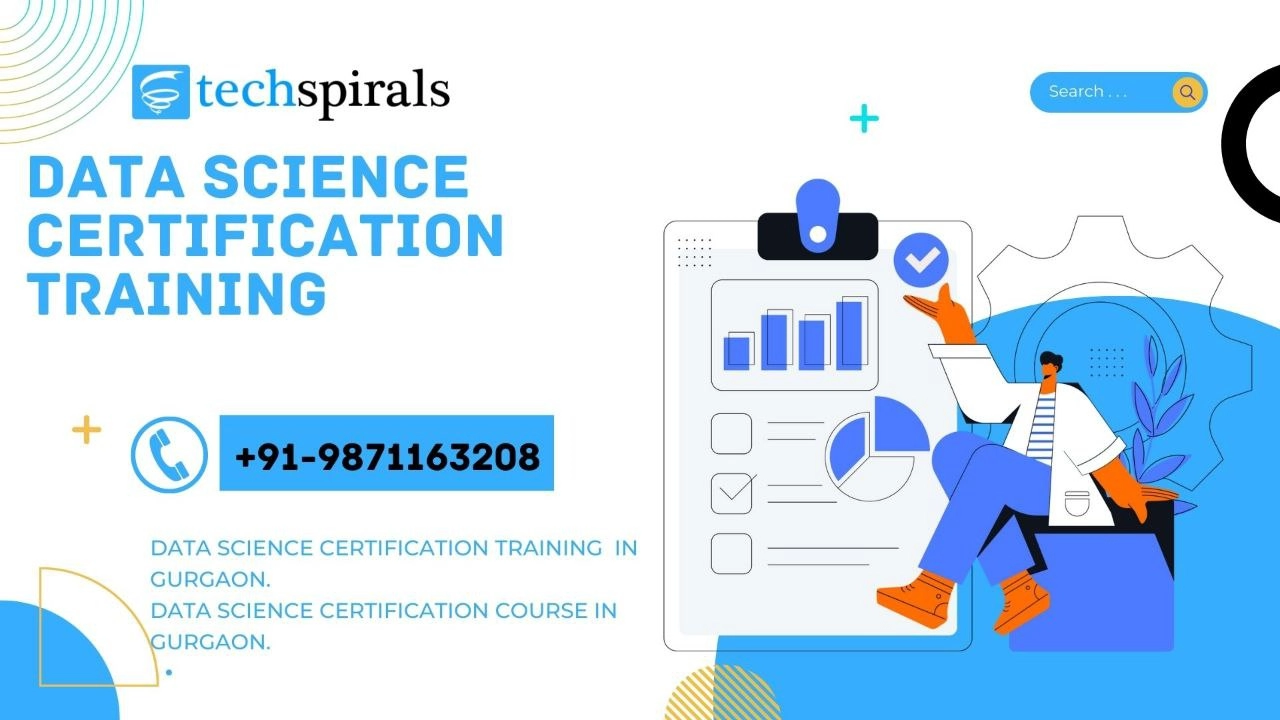Introduction to the Basics of Data Science
Data Science is intended to provide students a basic knowledge of analysis, machine learning algorithms, and visualisation approaches are some of the primary topics, methods, and tools covered in the course. The course will also cover privacy and ethical concerns in data science, as well as the significance of effectively communicating data findings to stakeholders. This course's goal is to give students the fundamental information and abilities they need to either pursue a career in data science or to use data science methods in their chosen professions.
Skills you will learn
- Data Collection and Cleaning: Learn how to gather and prepare data for analysis, including dealing with missing or inconsistent data.
- Data Exploration and Analysis: Understand the basics of statistical analysis, including hypothesis testing and regression analysis.
- Machine Learning: Learn the fundamentals of machine learning algorithms, such as decision trees, linear regression, and k-nearest neighbours.
- Data Visualization: Discover the importance of visualising data to communicate insights and learn how to create effective visualisations using tools like ggplot and matplotlib.
- Ethical and Privacy Issues: Explore the ethical and privacy considerations in data science, including issues related to data bias and algorithmic fairness.
- Communication of Data Insights: Learn how to effectively communicate data insights to stakeholders through clear and concise reports and presentations.
- Hands-On Practice: Get hands-on experience working with real-world data sets and applying the techniques and tools covered in class.
Syllabus
I. Data Collection and Cleaning
- Understanding the importance of data preparation
- Techniques for collecting and cleaning data
- Dealing with missing or inconsistent data
- Basic data wrangling with tools like Pandas
II. Data Exploration and Analysis
- Overview of statistical analysis
- Hypothesis testing
- Regression analysis
- Descriptive statistics
- Introduction to inferential statistics
III. Machine Learning
- Fundamentals of machine learning algorithms
- Decision trees
- Linear regression
- k-Nearest Neighbours
- Overfitting and regularisation
IV. Data Visualization
- Importance of visualising data for communication
- Introduction to ggplot and matplotlib
- Creating effective visualisations
- Visualising distributions, relationships, and trends
V. Ethical and Privacy Issues
- Ethical considerations in data science
- Privacy concerns related to data collection and analysis
- Algorithmic fairness and data bias
VI. Communication of Data Insights
- Effective communication of data insights
- Creating clear and concise reports
- Presenting data insights to stakeholders
VII. Hands-On Practice
- Working with real-world data sets
- Applying techniques and tools covered in class
- Building and deploying a simple machine learning model
reason to join tech spiral
- Take the Next Step: Tech Spiral will help you level up your talents and release your inner tech ninja, which will advance your career.
- Be a Trendsetter: Tech Spiral keeps up with the times by offering cutting-edge instruction in the newest trends and technology. Become an innovator and stay on the cutting edge of development.
- Join the Community: By joining Tech Spiral, you can interact with and learn from other tech enthusiasts, educators, and professionals in a vibrant and encouraging community. Work together, exchange ideas, and develop as a team.
- Elevate Your Learning: Tech Spiral's interactive and practical learning methods make school fun and interesting. Ascend to new knowledge and skill levels.
- Master the Art of Tech: You may study both the science and the practise of using technology with Tech Spiral. You'll gain a thorough knowledge of how to translate challenging ideas into useable solutions.

